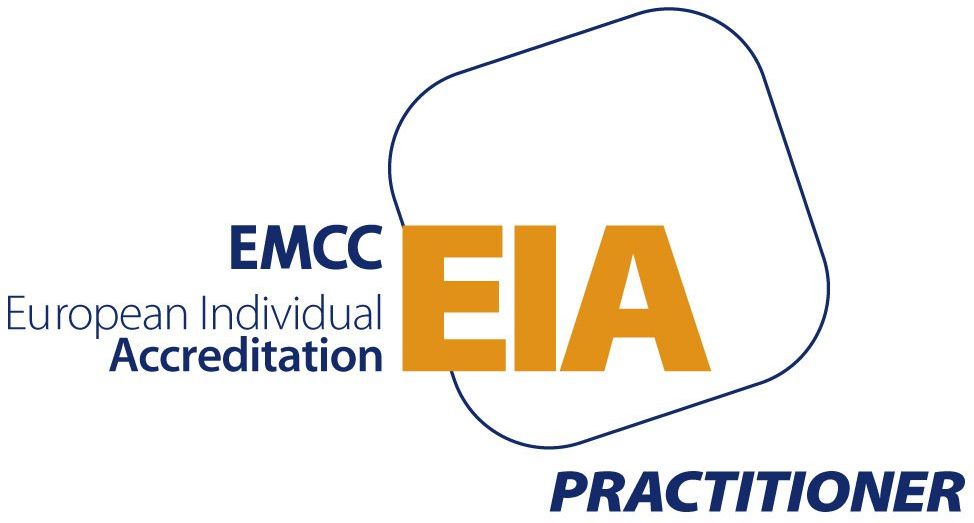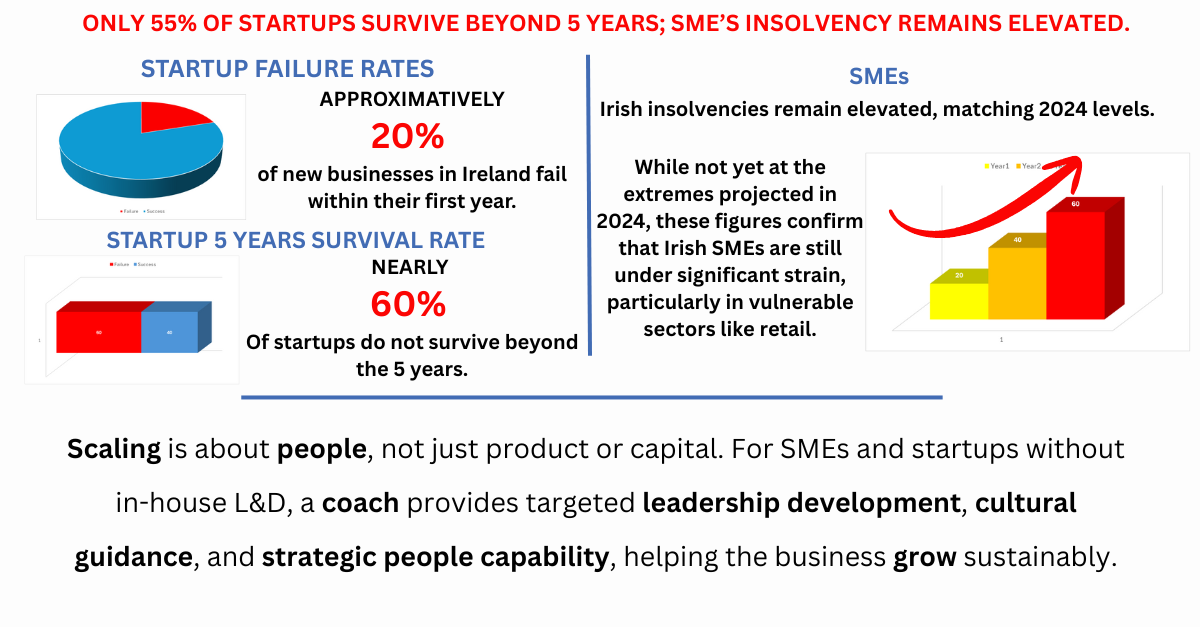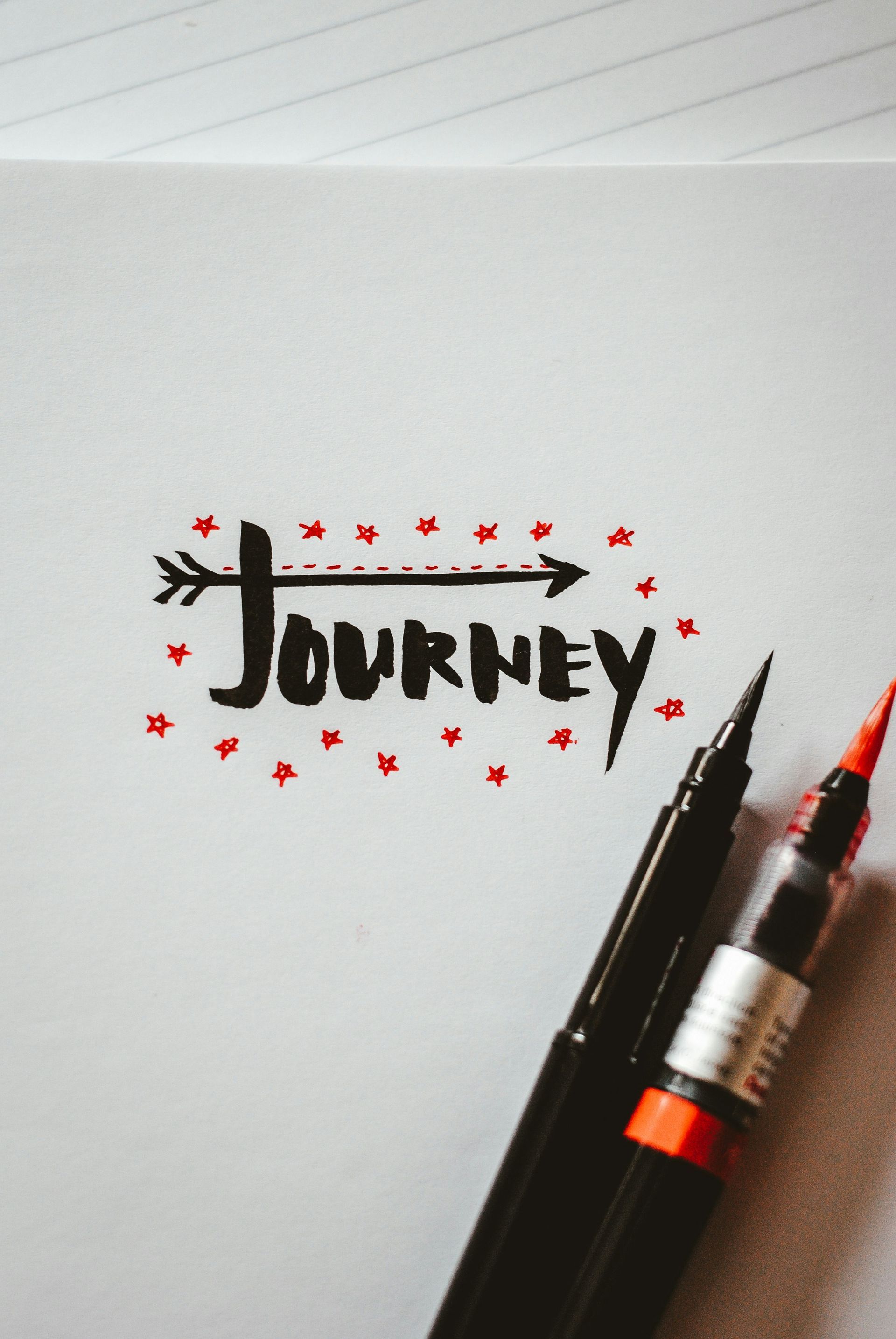Conflict
Management and Resolution

In situations of conflict, it is important to focus on accepting what is not within our control and mastering our emotions.
With an inner belief that winning an argument was pointless (because virtue and character were all that matter), the ancient Stoic approach to conflict was to respond with reason and logic rather than emotional outbursts. Marcus Aurelius the Roman Emperor wrote in his famous meditations “If you are distressed by anything external, the pain is not due to the thing itself, but to your estimate of it; and this you have the power to revoke at any moment”. In the 21st century this approach is still very much valid, It took me a while to adopt this approach: not choosing to be "offended" or "angry", feeling my emotions but not letting those emotions own me: the outcome was that I was much more prepared to face conflict and responding to it in a constructive way. I am so glad and much happier nowadays, not that conflicts have disappeared from my life, I am just more prepared and strongly believe conflicts can healthy and contribute positively to my personal growth.
~ There are five common reactions to conflict all with a different outcome ~
Competition --> Win - Lose
Collaboration -->Win - Win
Compromise --> Win Some – Lose Some
Accommodation --> Lose - Win
Avoidance --> Lose - Lose
No matter what, it is important to realise that conflicts are inevitable in a person’s day-to-day life. And when they happen, the idea is not to try to prevent them but rather to resolve and manage them in an effective manner.
~ If managed correctly conflict can have a positive impact ~
~ but ~
~ How do you get people on side? ~
~ Or ~
~ to work with you willingly? ~
- Start by understand them, Listen, Look, Learn, if in doubt, ask
- Empathise, Look for a Win-Win, Serve them & be the best you can
- When negotiating, always leave enough for the other person
- Build Trust, Aim for no surprises, Under promise, Over deliver consistently.
- And most important Work, Learn, Change...
When managing conflict, you need to have a common objective, which is resolving the issue and ensuring it does not resurface. After clarifying the source of conflict, talking to all parties, and investigating the situation, all parties need to sit down and discuss the common ways they can execute to meet the common goal, which is managing and resolving the matter at hand. It is essential all parties listen, communicate and brainstorm together until they exhaust all options.
Remembering that conflict is part of our day-to-day lives, it is ok to disagree with our family, friends, or coworkers, as long we keep in mind the various conflict resolution steps we can embrace to ensure the issue is manageable.
Do not fear conflict, take it as just a type of communication that helps us to collaborate to solve problems and better our environments so we can thrive within them.
In situations of conflict the parties involved must work together to achieve a solution that solves the problem in a way that is productive.
Going through the process of resolving conflict gives people better insight on how they can accomplish their ambitions without undermining others. Effective conflict resolution can save and consolidate a relationship.
Effective conflict resolution can cause team members to foster a stronger respect for one another, and it pushes people to examine their goals and expectations closely, sharpens their focus, and enhances their effectiveness. Effective skills of conflict resolution include being an active listener and assuring the conflicted parties are being heard, valued, and shown respect.














